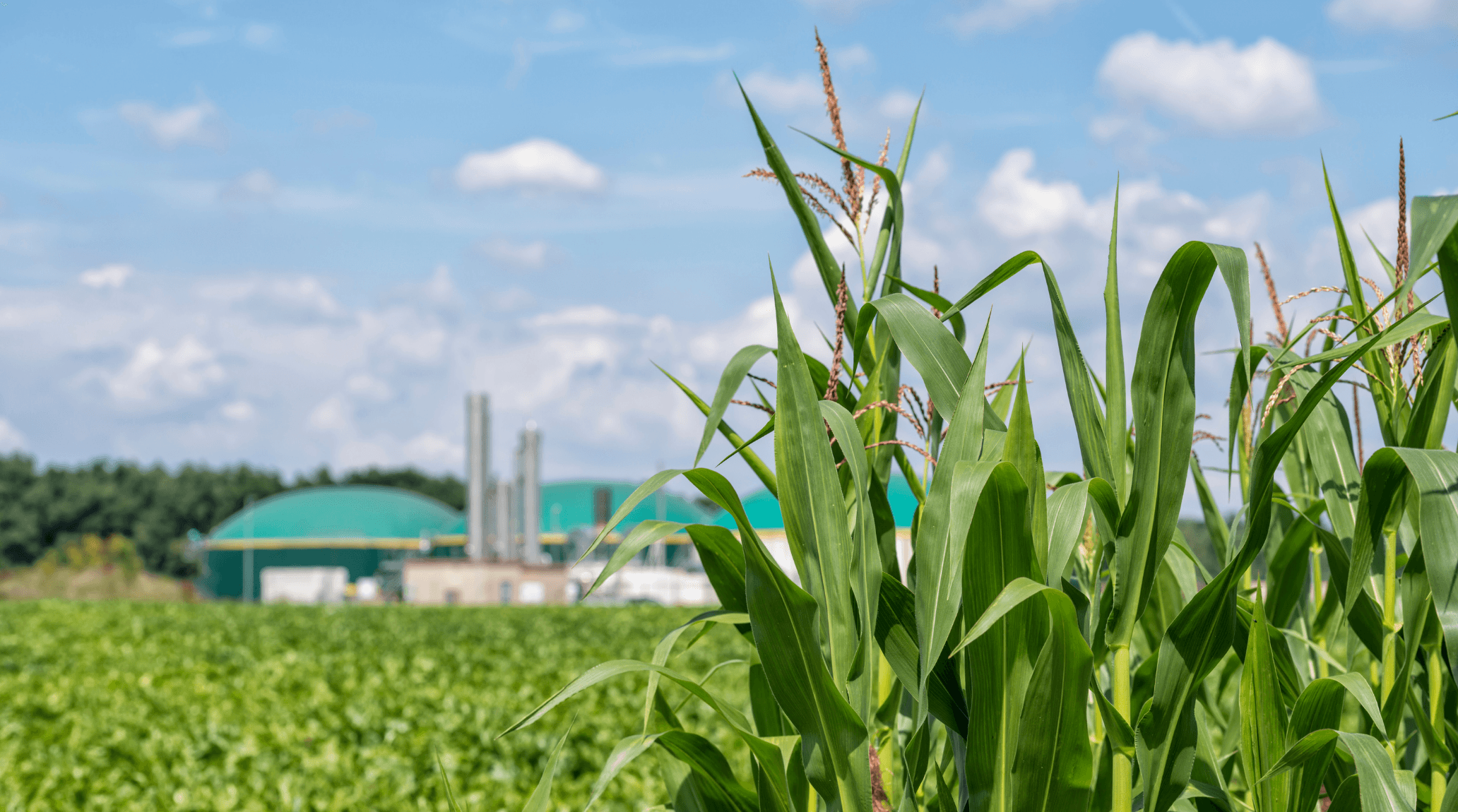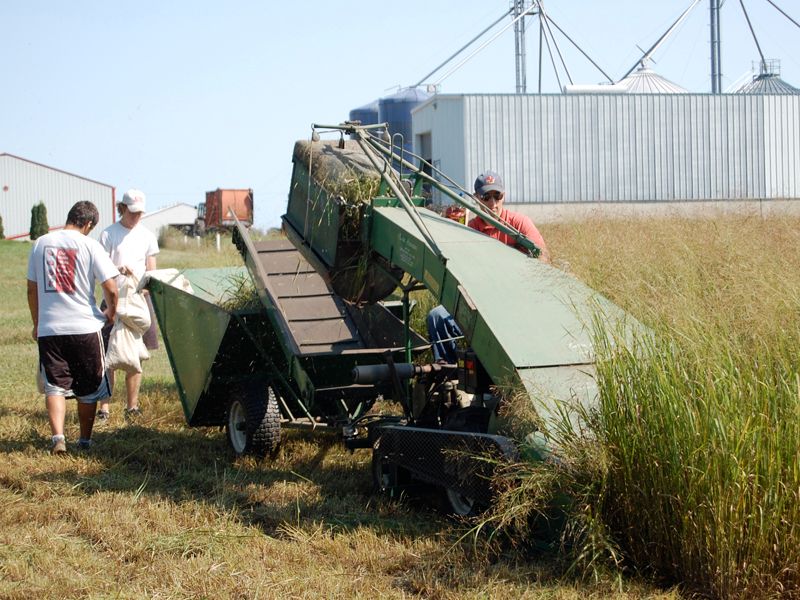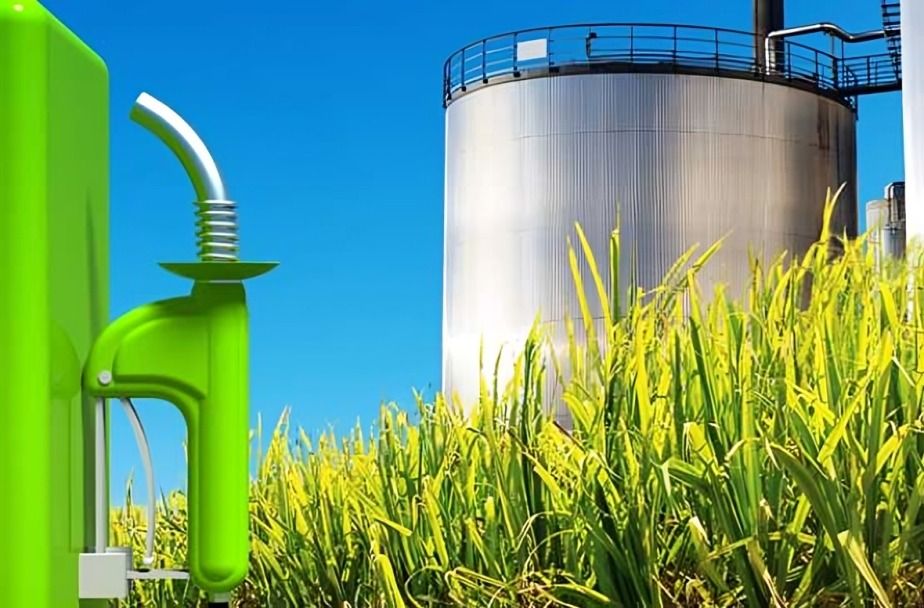
“
As the world shifts towards reducing dependence on fossil fuels and mitigating climate change, biofuels derived from renewable plant sources have emerged as a promising alternative. Each variant offers unique benefits and challenges, from ethanol to biodiesel and advanced biofuels like algae-based solutions. Join us and learn facts about plant-based fuel science, economics, and environmental impact, revealing why it's critical to our energy future.1
1
”
Biofuels are made from plants like corn, sugarcane, and even algae. These plants can be transformed into energy used to power cars, trucks, and even planes. The process of turning plants into fuel showcases the versatility of nature. 1
Using biofuels helps keep our planet cleaner by producing fewer greenhouse gases than gasoline and diesel. This reduction in emissions contributes to a healthier atmosphere and combats climate change. 2
Botryococcus, a microalga, produces hydrocarbons that can be used as biofuels. Scientists are investigating its potential for large-scale production. 3

Certain plants, like switchgrass, are highly energy-dense and can be converted into biofuels. These plants grow tall with deep roots, which help maintain soil health and prevent erosion.
Researchers are exploring alternative fuels for aviation that are more environmentally friendly. SAF is derived from renewable sources and can significantly reduce greenhouse gas emissions in the aviation industry. 4
Some biofuels are made from agricultural waste, such as corn stalks and wheat straw. This innovative use of plant parts that would otherwise be discarded ensures that nothing goes to waste and maximizes resource efficiency.5
Hydrogen produced from renewable energy sources (such as wind or solar) is gaining attention as a clean fuel. It can be used directly or converted into other forms, such as ammonia or synthetic fuels. 6
Biofuels can be blended with regular gasoline or diesel and used in many vehicles without engine modifications. This compatibility makes the transition to biofuels smoother and more accessible for everyday use. 7
Using biofuels helps reduce air pollution, resulting in cleaner air for everyone. Lower emissions mean healthier lungs and a reduced impact on the environment. Biofuels contribute to improved air quality and overall public health. 8
Most of the global consumption of biodiesel occurs in OECD+EU27 countries, with France, Germany, the United States, and Italy being the top biodiesel consumers. They primarily rely on rape-mustard seed oil, palm oil, and soybean oil9
Biofuel sources like algae can grow in areas unsuitable for other crops, such as salty water or urban tanks. This flexibility allows for biofuel production without competing for prime agricultural land. 10

Plants like sugarcane and sugar beets are excellent for producing ethanol, a type of biofuel. These plants are rich in sugar, which can be efficiently converted into energy for various uses. Their high sugar content makes them ideal for ethanol production.
Scientists are researching ways to use biofuels to power airplanes, aiming to make air travel more eco-friendly. This innovation could significantly reduce the aviation industry's carbon footprint. 11
Biofuels are often referred to as "green" fuels because they are derived from plants and help maintain a healthy planet. 12
Some biofuel plants have rapid growth rates, allowing for frequent harvesting and energy production. This quick turnaround enhances the efficiency and sustainability of biofuel sources. 13
Biofuels can be made from plant waste, recycling materials that would otherwise be discarded. This process supports waste reduction and resource optimization in biofuel production. 14
In some regions, biofuels are blended with traditional fuels at gas stations, meaning you might already be using biofuels unknowingly. This practice integrates biofuels into the existing energy infrastructure seamlessly. 15
Some school buses and city buses run on biofuels, offering a cleaner transportation option. This shift reduces pollution and supports healthier urban environments for all residents. 16
Plants use sunlight for growth, and biofuels convert that plant energy into usable fuel. This process essentially stores solar energy in a form that can power vehicles and machinery. 17
Cultivating biofuel crops can enhance soil health and decrease the need for harmful chemicals. This sustainable farming practice supports environmental health and promotes agricultural biodiversity. 18


